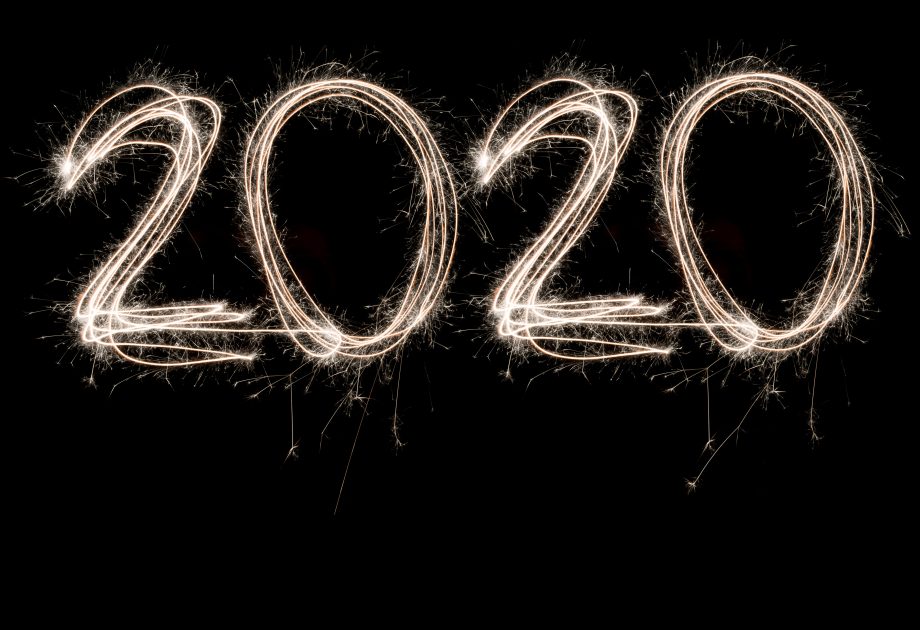At the end of a year which even the phrase ‘life-changing’ does not begin to describe, here is my selection of four iconic characters and moments of 2020. To me, they all stood out for their examples of vulnerability and resilience
1.Beth Harmon (Ana Taylor-Joy), The Queen’s Gambit

Released shortly before the US election, and indeed offering a much-needed escape from its blistering tones, The Queen’s Gambit attracted 62 million account viewers within one month of its release and is still the #1 show, as of writing, in Rotten Tomatoes’ list of the best TV of 2020.
Beth Harmon, the protagonist, is first introduced to chess during her stay at an orphanage in Kentucky. From a Dickensian-like atmosphere, we follow her journey as she finds an adoptive family and gradually, but inexorably, rises to international chess stardom, becoming a world-renowned champion.
The Queen’s Gambit ‘recipe’ contains some ingredients that would normally spell disaster. There are elements of abandonment, addiction and sexism, and yet, they never fully develop into tragedy or misery; instead, they consistently give way to other themes, such as friendship, talent and resilience. The chessboard, for Beth, is an alternative world to which she can escape and where she feels she has more control, and once she has mastered the game, she becomes the queen of her own life, too.
2. Moira Rose (Catherine O’Hara), Schitt’s Creek

When the Rose family lose all of their riches and have to relocate to a town called ‘Schitt’s Creek’, no one is more distraught than Moira, who is forced to give up her past life and most of her wardrobe (but crucially, not her precious wigs).
However, as she adapts to her new circumstances, Moira becomes the most unlikely heroine, showing, beneath her complex syntactic constructions and her vertiginous sense of fashion, an indisputable level of resilience as well. She is proof that, when things turn ‘Schitt-y’, you can allow yourself to be vulnerable and, as a result, grow.
3. Joe Biden’s Thanksgiving address
In an era dominated by divisions and politicisation, in the US as well the rest of the world, Joe Biden’s Thanksgiving speech is a great cultural moment that reminds us of our shared human condition and the strength we can find in ourselves.
The President-elect starts by comparing the winter of 1777, when the first American Thanksgiving was celebrated amidst hardship and suffering, with this year’s celebrations, which have been marred by the pandemic. Using this comparison, he makes the point that it is in the most challenging moments in history that the soul of America has been forged. And speaking of challenges, he does not shy away from showing his own vulnerability and talking about the people he has lost in his life, through the powerful image of ‘empty chairs’ at the dinner table.
Joe Biden’s speech stands out as an antidote to the culture of machismo and toxic masculinity that we have recently seen in populist leaders, whose rhetoric has been aimed at inflaming rather than appeasing. Instead, what we find here is a call for unity and ‘togetherness’ in the face of humanitarian crises; a call for love, a call for hope and gratitude. In this mix of vulnerability, humanity and optimism, we see a new definition of strength; we find the inspiration, in Biden’s words, to ‘lead the world by the power of our example, not just the example of our power’
4. All of us!
Finally, I believe we are all cultural icons of 2020, because we have lived through a historical moment and we have risen to the challenge showing our empathy, our vulnerability and resilience.
From Italians singing their national anthem on their balconies during lockdown, to Britons clapping and cheering on a Thursday evening in support of NHS frontline workers, to the video performances by the West Australian Symphony Orchestra, we have all made history this year, and proven what we are really made of.

